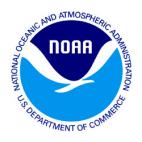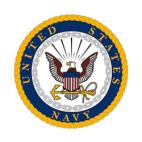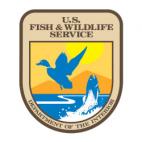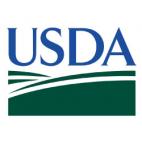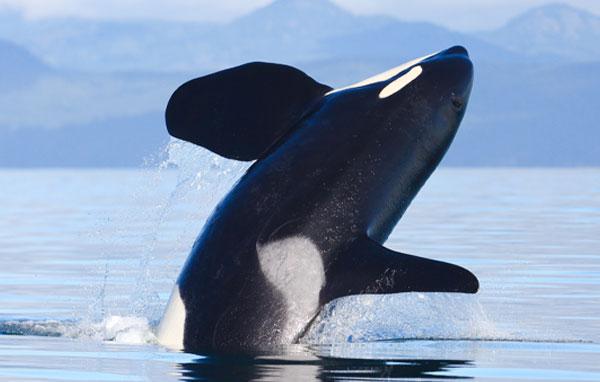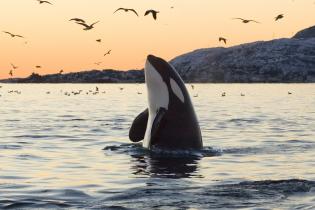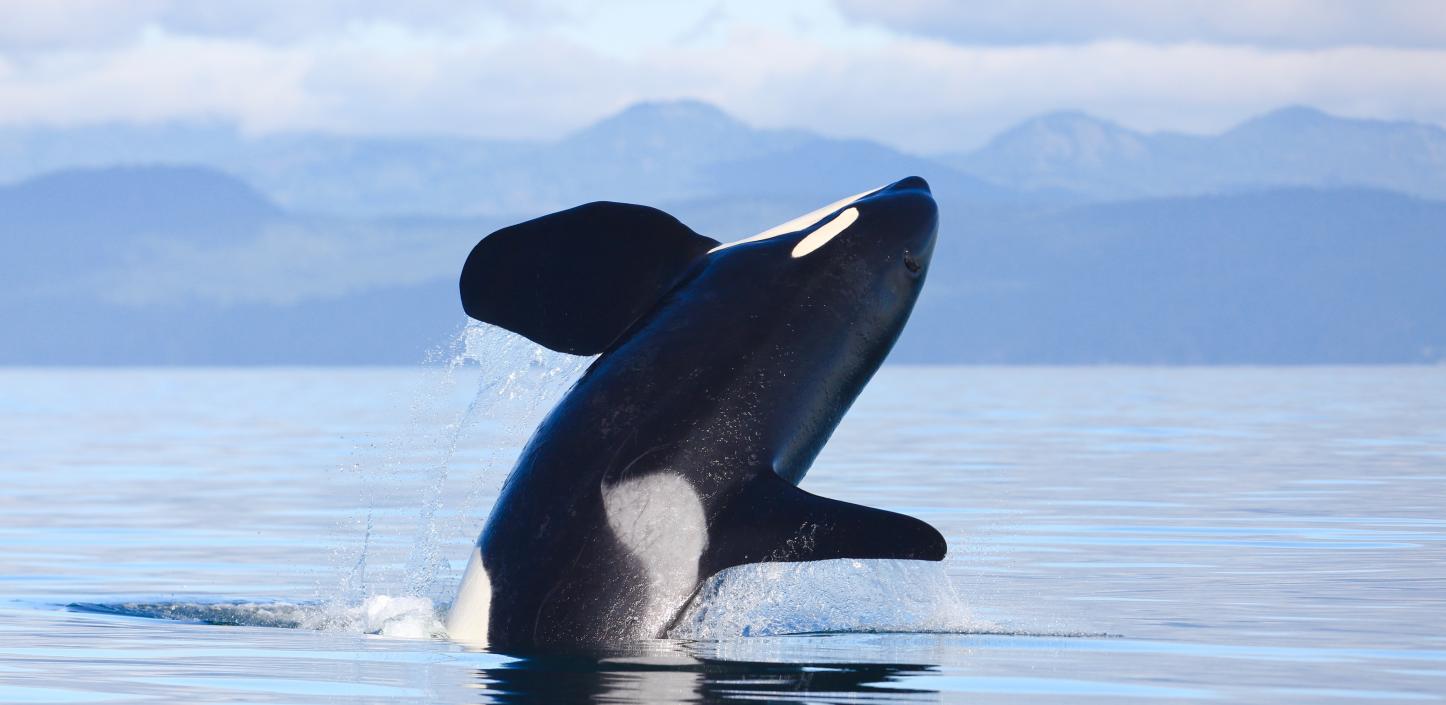
The Killer Whale Conservation Program supports efforts to advance the knowledge and conservation of killer whales with a primary focus on activities that aid in the recovery of the Southern Resident killer whale Distinct Population Segment. The program may also support catalytic projects in other killer whale populations.
Partners
Killer whales play a key role in the ecological and cultural fabric of the Pacific Northwest. Resident populations of killer whales in the Pacific Northwest saw steep declines in the early 1970s and have failed to recover even with increased management protection since then.
Initial support under the Killer Whale Conservation Program is anticipated in the following three key strategies:
- Increase prey availability - The Southern Resident population diet relies heavily on Pacific salmon, with Chinook salmon representing the majority of their summer diet, and other species including coho, chum, and steelhead being targeted in the spring and fall. The program will seek projects that increase the health of the salmon runs that are important for killer whales.
- Improve habitat quality - The quality of killer whale habitat is affected by many different stressors including pollution and contaminants, and vessel traffic and noise. The program will support projects that reduce the source and the impact of these stressors, and therefore lead to improved habitat for killer whales.
- Strengthen management through game-changing research - The program will support research projects that address information gaps and catalyze effective management actions in key areas, such as improving our monitoring of demographics and distribution, improving the health assessments of whales, and assessing the effectiveness of management interventions.
Through strategic partnerships and deployment of grant funding to the priority needs described above, the Killer Whale Conservation Program seeks to increase our knowledge of killer whale populations and to help overcome barriers to recovery.
| Program Fact Sheet and 2025 Grant Slate | Download the PDF | |
| Program Fact Sheet and 2024 Grant Slate | Download the PDF | |
| KWRC 2022 Fact Sheet and Grant Slate | Download the PDF | |
| 2021 Grant Slate | Download the PDF | |
| Killer Whale Fact Sheet | Download the PDF | |
| 2020 Program Report | Download the PDF | |
| 2020 Grant Slate | Download the PDF | |
| 2019 Grant Slate | Download the PDF | |
| 2018 Grant Slate | Download the PDF | |
| 2017 Grant Slate | Download the PDF | |
| 2016 Grant Slate | Download the PDF | |
| 2015 Grant Slate | Download the PDF |
Senior Program Director, Marine Conservation
Manager, Central Region Working Lands

